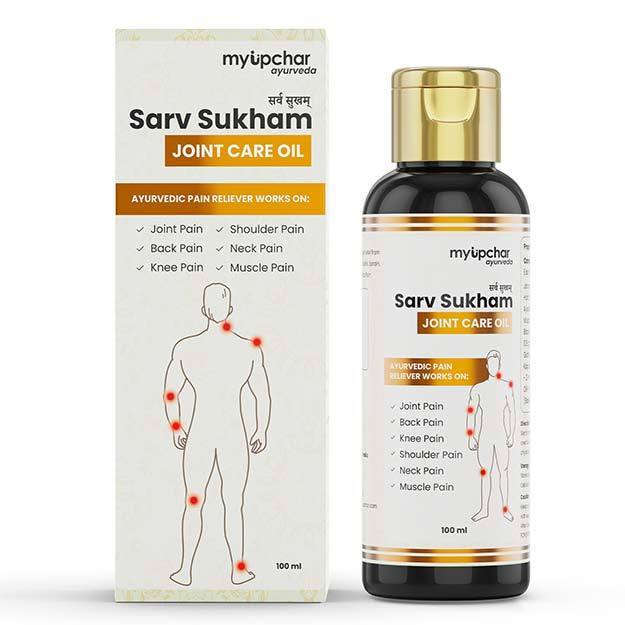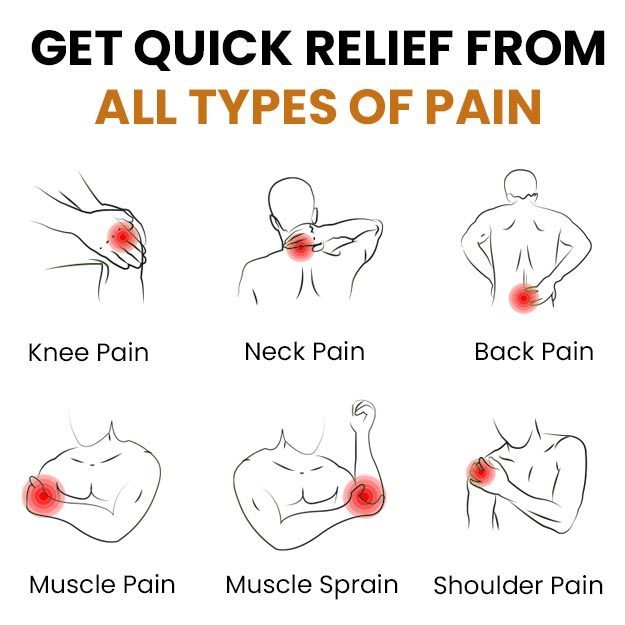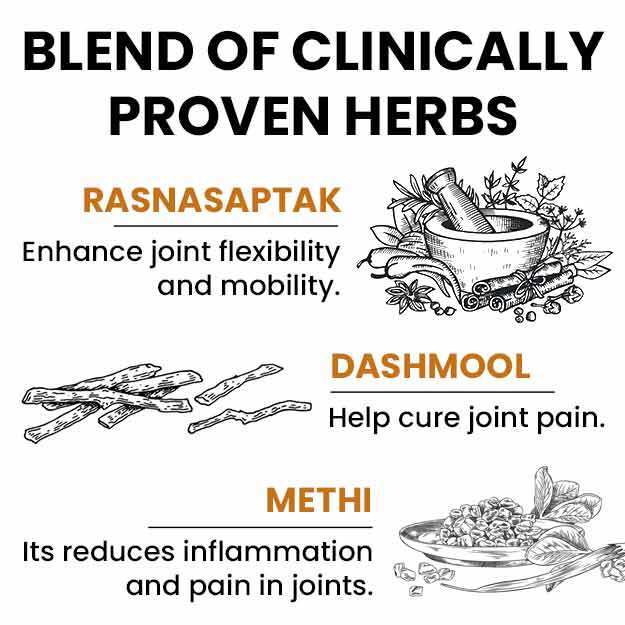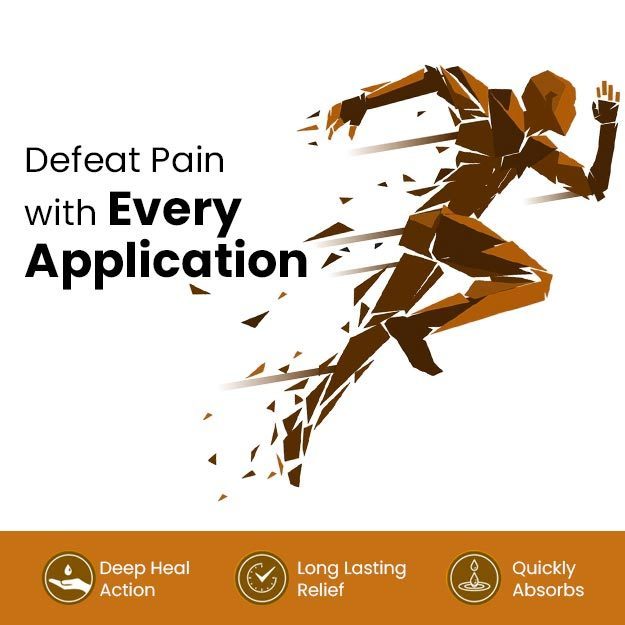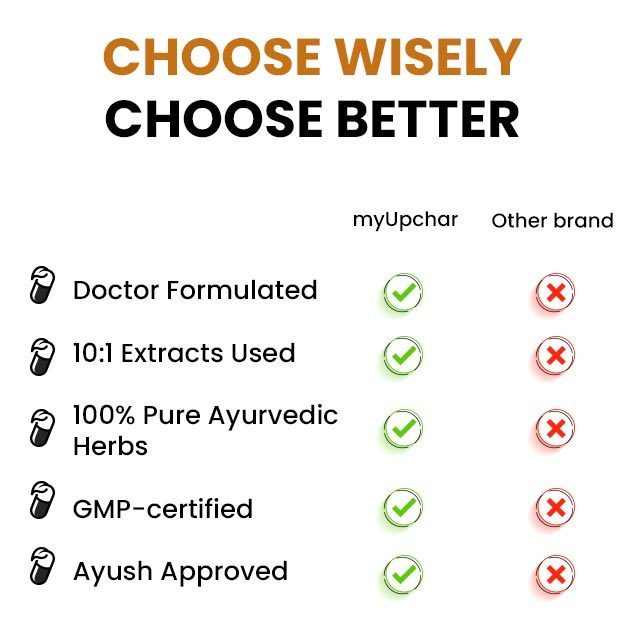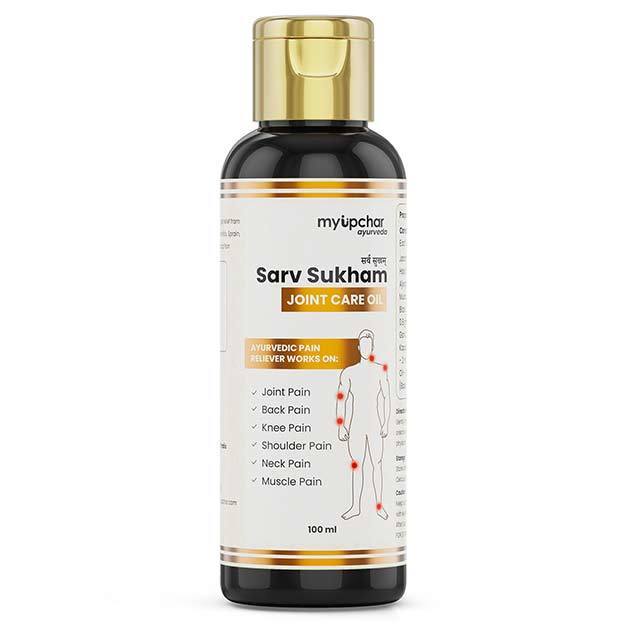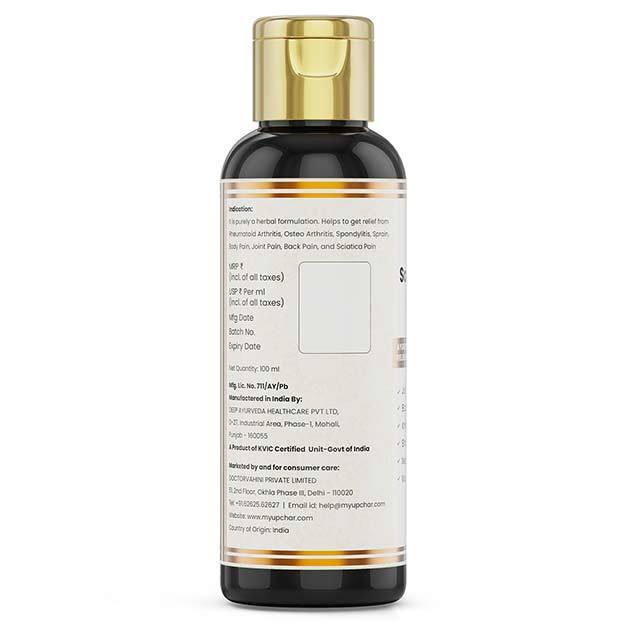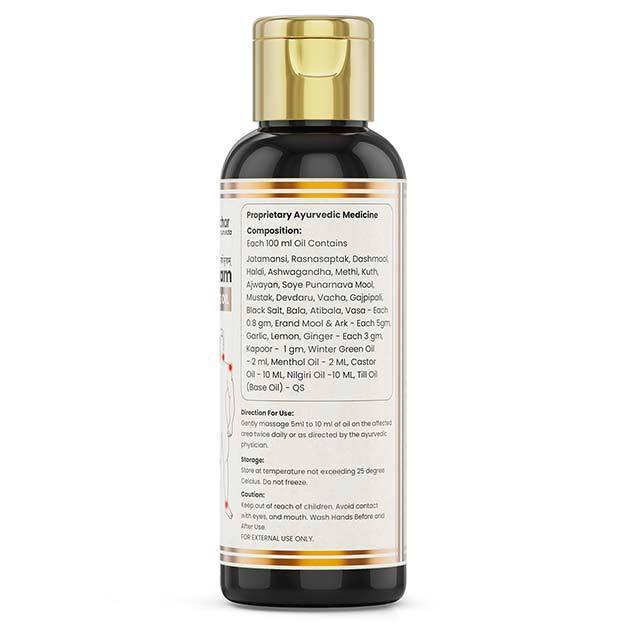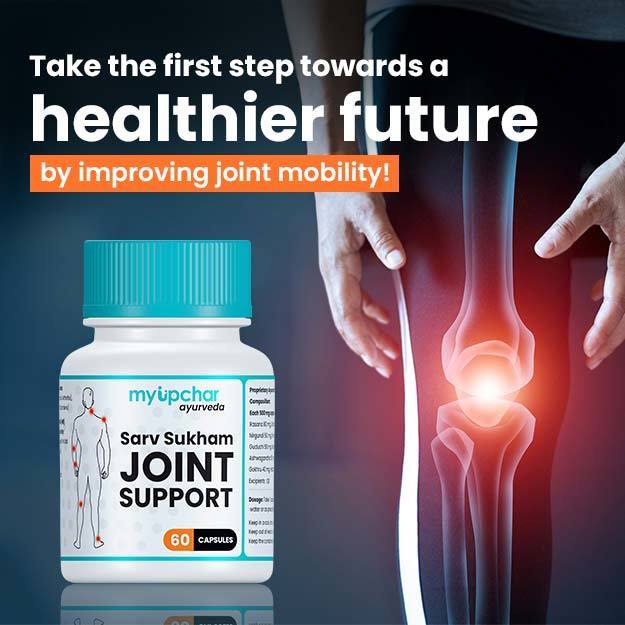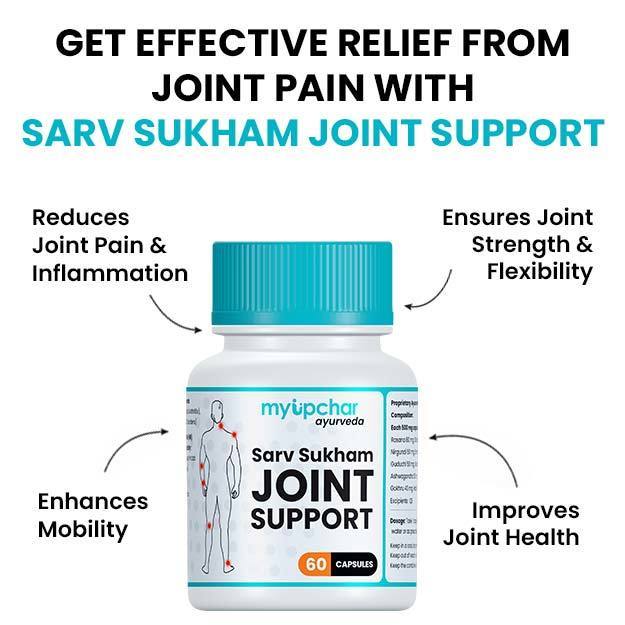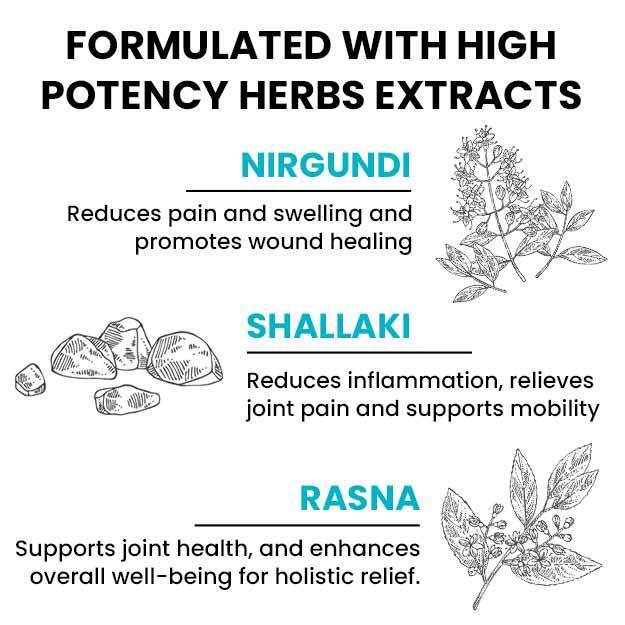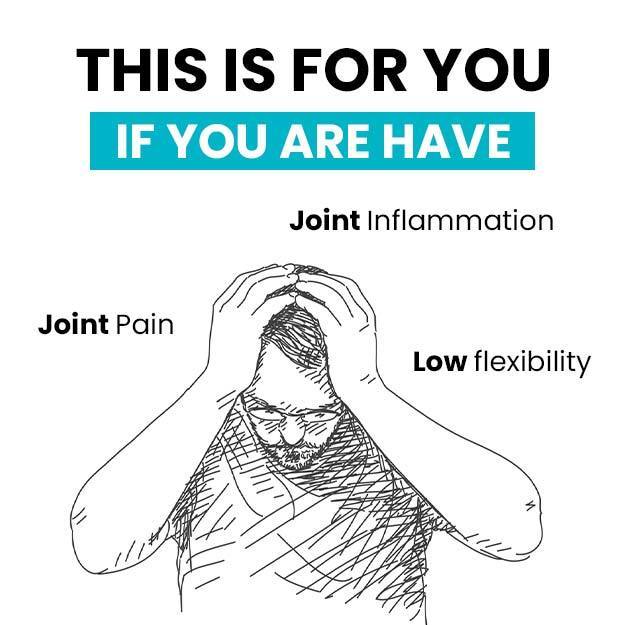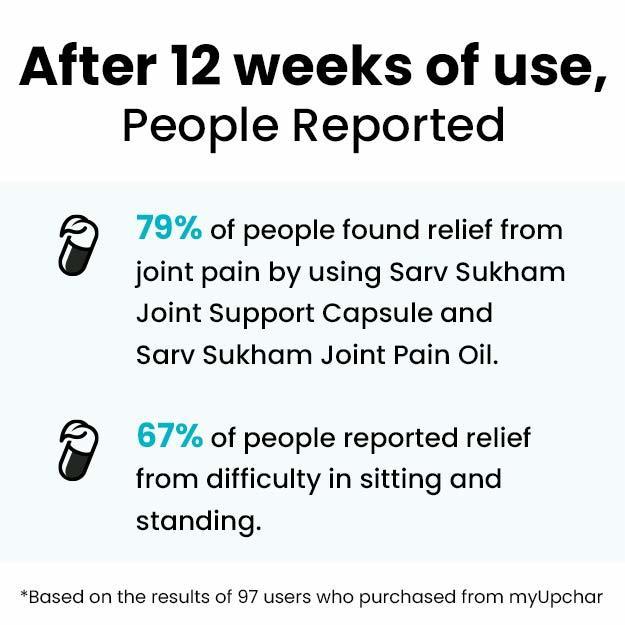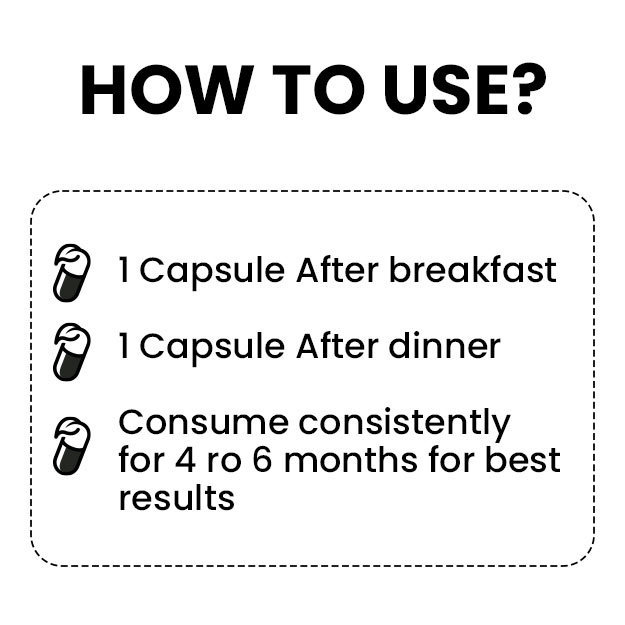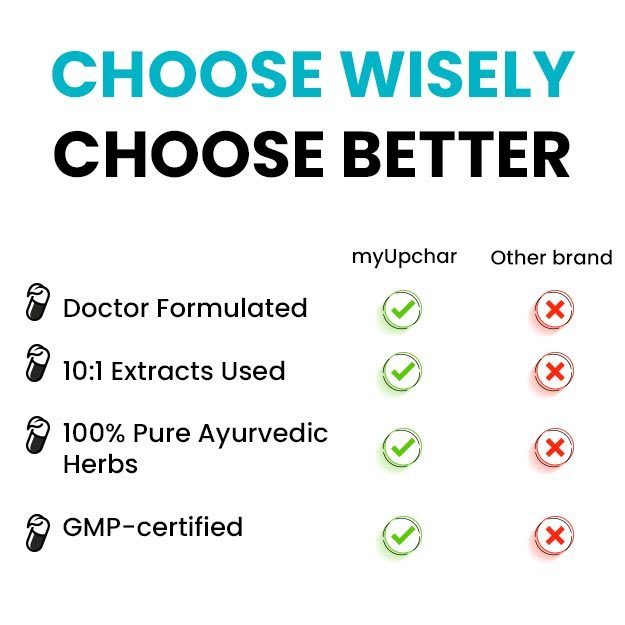What is Arthritis test?
The term arthritis is often used to talk about stiffness, swelling and pain in the joints. It is not a single condition but a group of conditions that can affect anyone at any age, though some types are more common in older people. Arthritis may occur due to multiple reasons, and it could be genetic.
There are different types of arthritis. These include:
- Osteoarthritis: Osteoarthritis is the commonest type of arthritis. It is generally seen in women and people over 45 years of age. The knees, back, hips and hands are the most commonly affected parts. If you are overweight, there is a higher chance of being affected by osteoarthritis.
- Gout: Gout is an inflammatory type of arthritis that occurs due to over accumulation of uric acid (hyperuricemia) in the body. The excess uric acid forms crystals in and around joints, leading to painful swelling and redness in the affected joint along with itching and peeling of skin over the joint. Gout generally affects the big toe but may affect other joints. Pseudogout is a condition that occurs due to deposition of calcium crystals in joints.
- Rheumatoid arthritis: Rheumatoid arthritis is an autoimmune inflammatory condition that occurs when your immune system starts attacking and damaging your joints. Normally, your immune system fights infectious microbes and protects you from illnesses. In an autoimmune condition, however, your immune system starts attacking healthy body tissues. This leads to inflammation and wear and tear. Rheumatoid arthritis is more common in women and it generally shows up between the age of 40 and 60 years.
- Ankylosing spondylitis: Ankylosing spondylitis causes swelling and pain in the joints of the spine. It is more common in men and generally occurs between the age of 20 and 30 years.
- Psoriatic arthritis: Psoriatic arthritis is yet another autoimmune condition that is seen in people who have psoriasis.
- Juvenile idiopathic arthritis (JIA): If you have been diagnosed with arthritis before you turn 16, it is known as JIA. This condition is of different types and autoimmune in nature.
The arthritis profile is performed to diagnose arthritis. It includes the following tests: erythrocyte sedimentation rate (ESR), C-reactive protein (CRP), anti-streptolysin O, calcium, phosphorus, rheumatoid factor (RF), uric acid and vitamin D3.
- ESR: This is a blood test that checks the rate of settling (sedimentation) of red blood cells (RBCs) in a test tube. ESR is higher when the RBCs settle faster. In case of an infection or inflammation in the body, the presence of extra proteins in blood causes the RBCs to settle faster.
- CRP: This blood test checks for the levels of C-reactive protein in your blood. CRP is a part of the immune system. The levels of this protein increase when you have an infection or inflammation.
- Antistreptolysin O: This blood test measures the antibodies that are produced against streptolysin O, a chemical that is synthesized by group A streptococcus bacteria. Post streptococcal reactive arthritis is a condition that may occur in people after a streptococcal infection
- Calcium: This blood test is used to detect the amount of calcium in body. It helps in diagnosing and monitoring bone diseases.
- Phosphorus: This blood test checks for the levels of phosphate in the blood, which contains phosphorus. Phosphorus helps in building and repairing the bones and teeth. Phosphate levels fall as calcium levels rise in the body. The parathyroid hormone in the body moderates the levels of phosphate.
- RF test: The Rheumatoid factors (RF) test is a diagnostic test for rheumatoid arthritis. RF is an antibody that is increased in response to the inflammation in rheumatoid arthritis. RF does not cause rheumatoid arthritis, but it is elevated due to the inflammation.
- Uric acid: This is a blood test to check the amount of uric acid. This painful inflammation is known as gout.
- Vitamin D3: The vitamin D blood test detects the levels of vitamin D in the blood. Vitamin D is found in two forms: vitamin D2 and vitamin D3. The vitamin D3 is synthesised in the body in the presence of sunlight and obtained from some food items like eggs, salmon and tuna. Both the forms of vitamin D in the body is converted to 25-hydroxyvitamin D. A deficiency can indicate disorders in the bone.





